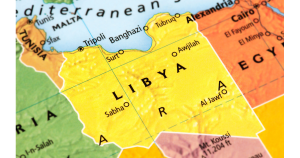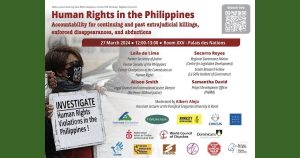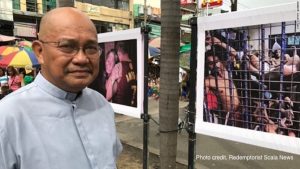Since the eruption of violence following the announcement of the results of the Presidential elections in Kenya in December 2007, Kenya has embarked on several measures as part of an accountability process designed to address the crimes committed in Kenya from December 2007 to February 2008.
These measures have included a wide-scale investigation, conducted by the Kenya National Commission on Human Rights with the technical assistance of No Peace Without Justice; the “Kriegler Commission”, established to look into allegations of electoral irregularities; and –most recently- the “Waki Commission”, a Commission of Inquiry into the Post-Election Violence, which released its report on 15 October 2008. They have been complemented by parallel legislative reform efforts, including the enactment on 23 October 2008 of the “Truth Justice and Reconciliation Commission Act”, establishing the TJRC, and ongoing discussion at the Kenyan Parliament and elsewhere of the “International Crimes Bill”, to implement Kenya’s obligations under the Rome Statute for the International Criminal Court.
The accountability process in Kenya suffered a set-back on 30 October 2008, with the Orange Democratic Movement (ODM) statement of its resolution to reject the Waki Commission Report, despite ODM party leader Prime Minister Raila Odinga’s support for the Report and implementation of its recommendations.
Declaration by Sergio Stanzani and Gianfranco Dell’Alba, President and Secretary-General of No Peace Without Justice:
“Perhaps more now than ever, Kenya stands at the crossroads between moving forward to a peaceful future where the root causes of this latest round of post-election violence have been eliminated, and being doomed to repeat the tragedies of the past, if the cloud of potential impunity that hangs over the country is not avoided.
“The Independent Waki Commission, established as an integral part of Kenya’s political power-sharing agreement, has spoken. On behalf of the Kenyan people, they have said very clearly that there must not be any reward for violence and that there must be an accounting for the devastation wreaked on Kenya earlier this year. Now is the time to put action to those words: redress for the victims during the post-election violence and an accounting from those responsible for that violence must not be held hostage to personal or political agendas.
“As Kenya waits and watches to see what happens next, Kenyan NGO leaders have called on the international community to provide much-needed support for implementation of the Report’s recommendations, including the establishment of a special tribunal to seek accountability against those who bear the greatest responsibility for crimes committed during the post-election violence.
“No Peace Without Justice stands by our Kenyan colleagues and echo their call. We urge the international community, and in particular those involved with brokering the deal that resulted in the establishment of the Waki Commission, not to abandon the people of Kenya but to provide whatever support is needed to ensure prompt implementation of the Waki Commission Report.
“No Peace Without Justice also urges Kenya’s Parliament to pass, as soon as possible, the International Crimes Act. This is critical, not only for the special tribunal, which should apply the International Crimes Act, but also for fulfilling Kenya’s international responsibility as a State Party to the Rome Statute of the International Criminal Court.”
For more information, contact Alison Smith, Coordinator of the International Criminal Justice Program, on asmith@npwj.org or Nicola Giovannini on ngiovannini@npwj.org or +32 (0)2 548-3910.




